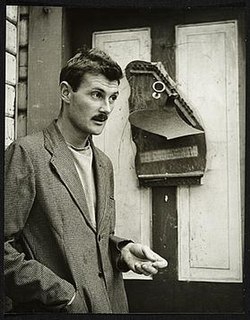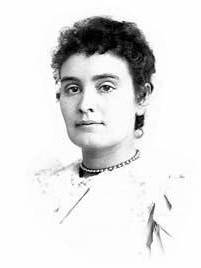Цитата Эдриенн Рич
Язык — это сила... Язык можно использовать как средство изменения реальности.
Связанные цитаты
Я думаю, что во всех моих книгах язык был их предметом так же, как и все остальное. Язык может игнорировать, вытеснять или оттеснять целые группы людей. Вы не обязательно можете изменить способ использования языка, но если он становится чем-то, что вы осознаете... это дает вам определенную власть над ним.
Ложь – это неправильное использование языка. Мы знаем это. Мы должны помнить, что это работает и в обратную сторону. Даже с самыми лучшими намерениями неправильное использование языка, язык, используемый глупо, небрежно, грубо, язык, используемый неправильно, порождает ложь, полуправду, путаницу. В этом смысле можно сказать, что грамматика — это мораль. И именно в этом смысле я говорю, что первая обязанность писателя — хорошо использовать язык.
Двигаются ли структуры языка и структуры реальности (под которыми я подразумеваю то, что происходит на самом деле) по параллельным линиям? Остается ли действительность по существу вне языка, обособленной, застывшей, чуждой, не поддающейся описанию? Разве невозможно точное и живое соответствие между тем, что есть, и нашим восприятием этого? Или дело в том, что мы вынуждены использовать язык только для того, чтобы затемнять и искажать действительность — искажать то, что происходит, — потому что мы боимся этого?
Мы живем в мире, наполненном языком. Язык придает идентичность, значение и перспективу нашему человеческому сообществу. Писатели либо загрязняют окружающую среду, либо являются частью команды по очистке. Точно так же, как язык власти и жадности может нас уничтожить, язык разума и сочувствия может нас спасти. Писатели могут вдохновить на создание более доброго, справедливого и прекрасного мира или вызвать эгоизм, стереотипы и насилие. Писатели могут объединять людей или разделять их.






































